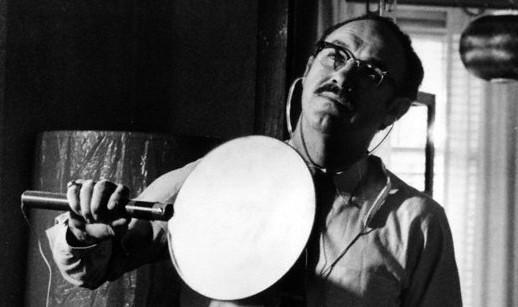A common theme in Christoper Mims’ smart WSJ column about the soft launch of sorts of the Internet of Things and Maarten Rikkens’ interesting Research Gate Q&A with The City of Tomorrow author Carlo Ratti is that the future is arriving with a whimper, not a bang. A world enabled by the IoT will be very different even if it doesn’t look any different. You’ll hardly notice it at first blush. You might even forget about it once you do. That’s great for practical matters and less so for issues of privacy. To my mind, that’s always been the promise and peril of such a ubiquitous, essentially invisible network.
From Mims:
Everyone is waiting for the Internet of Things. The funny thing is, it is already here. Contrary to expectation, though, it isn’t just a bunch of devices that have a chip and an internet connection.
The killer app of the Internet of Things isn’t a thing at all—it is services. And they are being delivered by an unlikely cast of characters: Uber Technologies Inc., SolarCity Corp., ADT Corp., andComcast Corp., to name a few. One recent entrant: the Brita unit ofClorox Corp., which just introduced a Wi-Fi-enabled “smart” pitcher that can re-order its own water filters.
Uber and SolarCity are interesting examples. Both rely on making their assets smart and connected. In Uber’s case, that is a smartphone in the hands of a driver for hire. For SolarCity, the company’s original business model was selling electricity directly to homeowners rather than solar panels, which requires knowing how much electricity a home’s solar panels are producing.
Here is another example: On June 23, Comcast said it would acquire a unit of Icontrol Networks Inc., which helps set up smart homes for clients. The company, founded in 2004, prides itself on being “do it for you” instead of “do it yourself,” as are most home-automation systems, says Chief Marketing Officer Letha McLaren.
Understanding that most people want to solve problems without worrying about the underlying technology was crucial, she says.•
From Rikkens:
Question:
Your book mentions that it is increasingly difficult to divorce the physical space from the digital. Does this mean that all aspects of city design should factor in IoT? Or are some aspects of city design divorced from its influence?
Carlo Ratti:
From an architectural point of view, I do not think that the city of tomorrow will look dramatically different from the city of today — much in the same way that the Roman ‘urbs’ is not all that different from the city as we know it today. We will always need horizontal floors for living, vertical walls in order to separate spaces and exterior enclosures to protect us from the outside. The key elements of architecture will still be there, and our models of urban planning will be quite similar to what we know today. What will change dramatically is the way we live in the city, at the convergence of the digital and physical world. IoT will have its biggest impact on the experience of the city, not necessarily its physical form.•

